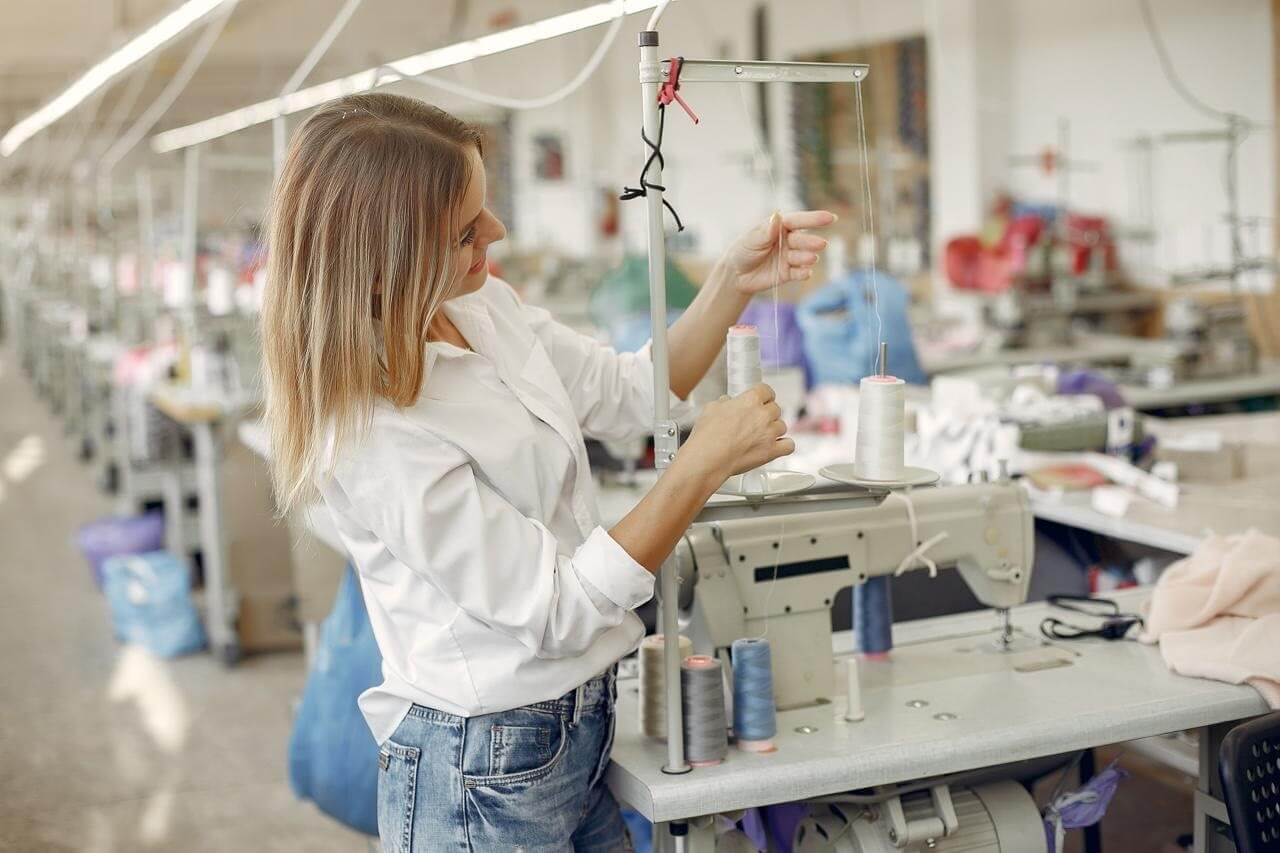The fashion industry, long known for its environmental impact, is undergoing a significant transformation towards sustainability. Sustainable fashion aims to reduce this impact through ethical practices, innovative materials, and mindful consumption. This blog explores the principles of sustainable fashion, changes in consumer behavior, brand initiatives, and the challenges of scaling sustainability. Additionally, we delve into how expert networks like Knowledge Ridge can facilitate this transition by connecting brands with the necessary expertise and insights.
Start Your Sustainability Journey Today!
Principles of Sustainable Fashion
Sustainable Materials
The use of sustainable materials is crucial in reducing the environmental footprint of clothing. Eco-friendly fabrics such as organic cotton, hemp, bamboo, and recycled materials significantly lower water consumption and pesticide use. For instance, producing one kilogram of conventional cotton requires approximately 20,000 liters of water, whereas organic cotton drastically reduces this amount.
Curious about the latest innovations in sustainable materials? Connect with experts through Knowledge Ridge to learn more about eco-friendly fabrics and their impact.
Circular Economy Models
The circular economy in fashion promotes designing out waste and keeping products and materials in use for as long as possible. This model includes practices like clothing recycling, upcycling, and the resale of second-hand items. Brands like Patagonia and Eileen Fisher are pioneers in adopting circular strategies, offering repair services and take-back programs to extend the lifecycle of their products.
Explore how circular economy models can transform your business by leveraging insights from Knowledge Ridge experts.
Consumer Behavior Changes
Consumers are becoming increasingly aware of the environmental impact of their clothing choices. According to a McKinsey report 67% of consumers consider the use of sustainable materials to be an important purchasing factor. This shift is driving demand for transparency and ethical practices from fashion brands. Social media and awareness campaigns play a significant role in educating consumers about the benefits of sustainable fashion.Explore the latest trends in consumer behavior with Knowledge Ridge Experts to stay ahead in the sustainable fashion market.
Brand Initiatives
Many brands are taking bold steps towards sustainability. For example, Stella McCartney has long championed cruelty-free fashion and innovative materials like vegan leather. Similarly, Adidas has partnered with Parley for the Oceans to create footwear from recycled ocean plastic, aiming to produce 17 million pairs by 2021. These initiatives not only reduce environmental impact but also set a standard for the industry.
Challenges of Scaling Sustainability
Despite the progress, scaling sustainability in the fashion industry faces several challenges. High production costs of eco-friendly materials, limited technology for large-scale recycling, and the entrenched fast fashion culture are significant barriers. Additionally, ensuring supply chain transparency and ethical labour practices requires robust monitoring and verification processes.
Leverage the expertise of Knowledge Ridge to navigate the complexities of sustainability regulations and requirements.
The Role of Expert Networks
Expert networks can play a crucial role in accelerating the adoption of sustainable practices in fashion. These networks connect brands with specialists in sustainable materials, ethical production methods, and innovative technologies. By leveraging expert advice, companies can better navigate the complexities of sustainability transitions.
Knowledge Sharing and Best Practices
Expert networks facilitate the sharing of knowledge and best practices across the industry. For instance, they can provide insights into the latest advancements in biodegradable fabrics or effective recycling technologies. This knowledge helps brands stay ahead of trends and implement cutting-edge solutions.
Strategic Partnerships and Collaborations
Through expert networks, fashion brands can form strategic partnerships and collaborations. These alliances can lead to joint ventures in developing new materials or scaling recycling initiatives. For example, the Ellen MacArthur Foundation’s Circular Fibres Initiative brings together industry leaders to collaborate on creating a circular textile economy.
Data-Driven Decisions
Expert networks also provide access to data and analytics, enabling brands to make informed decisions. By understanding consumer preferences and market trends, companies can tailor their sustainability strategies to meet demand effectively. Data-driven insights help in measuring the impact of sustainable practices and identifying areas for improvement.
Make data-driven decisions for your sustainability strategy with Knowledge Ridge expert calls.
Conclusion
Sustainable fashion is more than a trend; it is a necessary evolution towards a more ethical and environmentally friendly industry. By embracing slow fashion, eco-friendly fabrics, and circular economy models, the fashion industry can significantly reduce its environmental footprint. Consumer behavior changes and brand initiatives are crucial, but overcoming the challenges of scaling sustainability requires collaboration and expertise. This is where expert networks like Knowledge Ridge come into play.
Knowledge Ridge provides the essential knowledge, partnerships, and data needed to drive meaningful change. Their network of experts offers insights into best practices, innovative solutions, and emerging trends in sustainable fashion. By leveraging Knowledge Ridge's resources, brands can more effectively implement sustainable practices, navigate regulatory landscapes, and optimize their supply chains for reduced environmental impact.
Knowledge Ridge not only connects companies with experts but also fosters collaborations that accelerate the adoption of sustainability across the industry. Their comprehensive approach ensures that businesses have access to the latest research, practical tools, and strategic guidance necessary for making informed decisions. This level of support is indispensable for brands aiming to achieve sustainability goals while maintaining competitive advantage.
In summary, Knowledge Ridge is a catalyst for progress in sustainable fashion. By partnering with them, companies can harness the expertise required to overcome challenges, innovate responsibly, and contribute to a more sustainable future for the fashion industry.
Frequently Asked Questions
What is sustainable fashion?
Sustainable fashion aims to reduce the environmental impact of the clothing industry through ethical practices, innovative materials, and mindful consumption.
How can consumers contribute to sustainable fashion?
Consumers can support sustainable fashion by purchasing quality over quantity, choosing eco-friendly fabrics, and participating in clothing recycling and resale programs.
What role do expert networks play in sustainability?
Expert networks connect fashion brands with specialists in sustainable practices, facilitate knowledge sharing, enable strategic partnerships, and provide data-driven insights to support the transition to sustainability.

